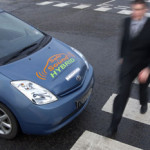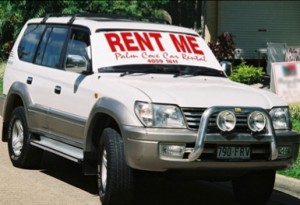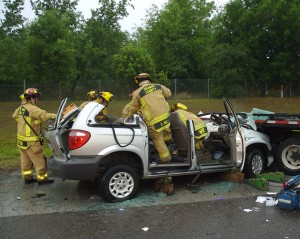 HIALEAH – Sadly, a woman died Tuesday in a pedestrian accdient. She was hit by a truck. The woman was walking on a sidewalk when the accident happened. The accident happened when a truck went up onto the sidewalk and crashed into the woman who was walking. After that, the truck proceeded to go flying back into the street, smashing into a schoolbus. The schoolbus had 16 children on it. The children were unharmed.
HIALEAH – Sadly, a woman died Tuesday in a pedestrian accdient. She was hit by a truck. The woman was walking on a sidewalk when the accident happened. The accident happened when a truck went up onto the sidewalk and crashed into the woman who was walking. After that, the truck proceeded to go flying back into the street, smashing into a schoolbus. The schoolbus had 16 children on it. The children were unharmed.
Pedestrian accidents like this are devastating. The woman was on the sidewalk and not even on the roadway. The accident happened in front of a shopping center at the intersection of West 16th Avenue and West 53rd Street. When vehicles leave travel lanes and cross into areas where people are walking, personal injuries are often devastating. In this case, the victim lost her life. There is really no way to prevent many accidents like this if you are the pedestrian.
Even if someone is off of a sidewalk or not in the crosswalk, it does not mean that the accident was solely his or her fault. While there are specific laws that govern where pedestrians are supposed to walk which are set forth in Florida Statute 316.130, those who are driving a car have the ultimate requirement to avoid hitting pedestrians. After describing a pedestrian’s duty to abide by traffic laws and walk in appropriate places, Florida Statute Section 316.130(15) provides that “[n]otwithstanding other provisions of this chapter, every driver of a vehicle shall exercise due care to avoid colliding with any pedestrian or any person propelling a human-powered vehicle and give warning when necessary and exercise proper precaution upon observing any child or any obviously confused or incapacitated person.”
 Miami Personal Injury Attorney Blog
Miami Personal Injury Attorney Blog




